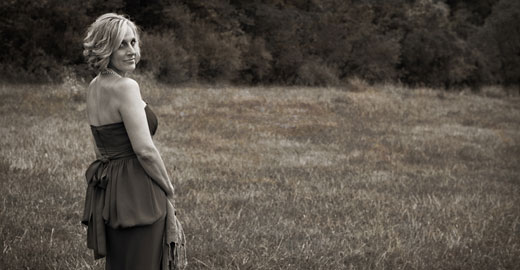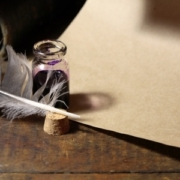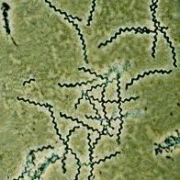Family
Writers and storytellers fill my family tree. On both branches, story is an important family value. One ancestral grandfather was a Revolutionary War poet, another a songwriter. The Scottish, American Indian, and Norwegian branches imparted dramatic oral storytelling. The English side (the colonial poet) includes newspapermen, poets, and artists. I often wonder, if the women many generations back had been given more agency during their lifetimes, would they have been published novelists and poets? Did they craft story and verse in their journals while resting between chores or after soothing a child to sleep? To hear, “You’ve got a lot of Spearman in you!” means that one is passionate and warm and full of story—playful. The German branch of my family taught me about shadows, about secrets and shame and the damage that pain can cause when internalized. It taught me to dig deep and ask questions that might be uncomfortable. To look for those things that are unsaid, but seen through nonverbal gestures, postures, or small incremental acts. But also the values of discipline and hard work.
During my childhood, my father was the oral storyteller, my mother the writer. Both valued story from my youngest memories. My father, a history teacher, edited a journal of students’ writings for the middle school and taught journalism and creative writing. My mother, an English teacher, has written fiction, nonfiction, and most seriously, poetry.
I’m still learning to craft and sculpt my prose with the fine point of a carving knife, to reach for metaphor, and, in nonfiction, to write unflinchingly, even when it may be uncomfortable. I’ve learned that art, above all, is to be cherished, whatever the cost.
And so I settle deep into my ancestral roots, drawing from the wisdom of those who have written before me, and I write. From an intuitive place, from experience and observation, and in order to make sense of the world that surrounds me.



